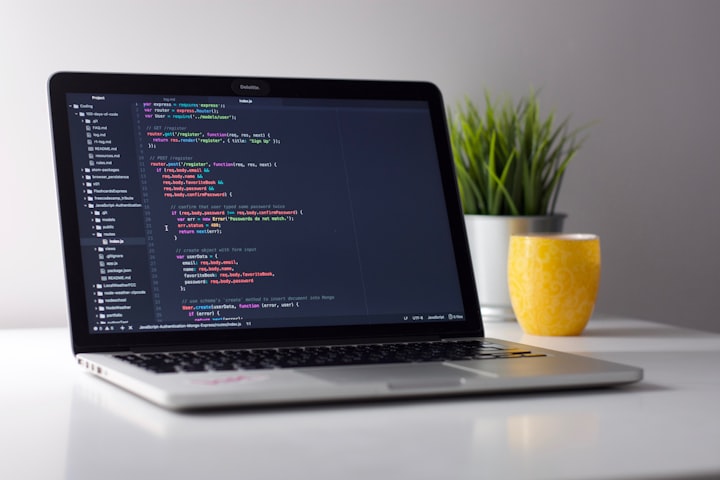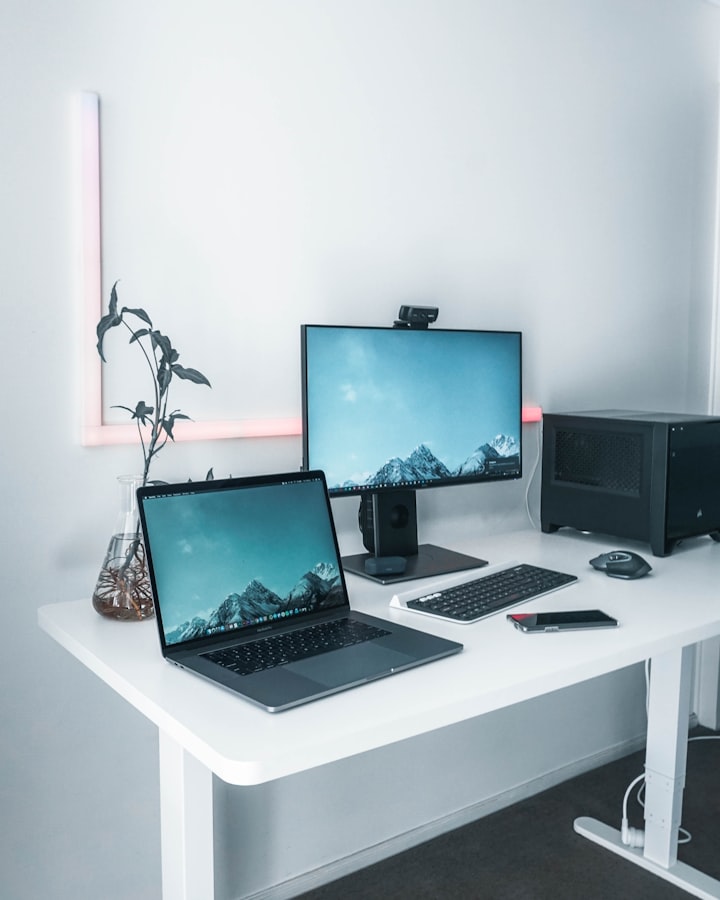
Clean Out Your Computer Now!
We've all experienced the frustration of slow computer performance. In today's high-tech, fast-paced society, we get annoyed and feel like we're wasting our time if we have to wait more than a few of seconds for something on our computers to load. Not surprisingly, 66% of Americans say one of their top complaints is waiting on a system they know should be faster, according to Business Wire. More crucially for corporations, a UK research found that slow computers cost organizations 5.5 days of lost productivity per person every year.
If your computer is running slower than it should, there are some things you can do to make it run quicker.
Whether you have a Mac or a PC, here are 10 things to try before you smash your computer:
1. Prevent programs from starting automatically when you turn on your computer.
This is one of the primary causes of computer slowness. Many computers run apps in the background, which consumes your computer's memory and slows it down. While some programs, like as antivirus and firewall software, should run automatically, others (such as iTunes or Microsoft Office) can be closed until you need them.
2. Remove/uninstall programs you no longer use.
Many new computers come with pre-installed apps that take up space and automatically execute background operations. Enter your control panel and uninstall the apps you no longer require, taking care to keep the ones you do.
3. Defragment your hard drive.
Examine the amount of free space on your PC. If you have less than 15% free space on your hard drive, your computer may slow down. Delete obsolete programs and files that you no longer require, or compress some of your files (especially large ones). It's worth noting that if your computer is running slowly and your storage isn't full, your operating system could be having issues.
4. Back up old photos and movies to the cloud or an external disk.
This frees up a lot of memory space and speeds up your machine. Backing them up in the cloud or on an external drive is also a good approach to protect those old family photos you don't want to lose.
5. Execute a disk cleanup or repair program.
When you boot up your computer and/or utilize software, it creates a large number of temporary files. These temporary items, such as Internet history, cookies, and caches, take up a lot of space on your hard drive, slowing down your system even more.A disk cleanup/repair program can free up hundreds of megabytes by eliminating temporary files, superfluous system files, and even emptying your recycle bin.
6. Set your desktop computer's power plan to High Performance.
To govern how the computer consumes power, computers have multiple power plans (often Balance, Power Saver, and High Performance). Some settings improve battery life by limiting performance, but High Performance boosts the computer's speed and performance. Please keep in mind that this will only work on a desktop computer, as the HighPerformance setting on a laptop may drain the battery.
7. Check that you have anti-virus, spyware scanner, and anti-malware software installed.
If your computer isn't wasting time trying to control bugs and viruses, it will be able to run quicker. This is an additional layer of security to keep your computer safe!
8. Run a disk defragmentation to improve the efficiency of your hard drive.
When data is fragmented, your computer must seek for file fragments that may be scattered across your hard disk. Defragmenting will arrange your data and free up space, allowing your computer to access info more quickly.
9.Increase the amount of RAM in your PC.
RAM is temporary storage memory that your computer uses to run programs. The more apps you run, the more RAM you'll require; if you don't have enough, your computer will slow down. You can easily add more RAM by purchasing an additional memory stick, but you can also upgrade or purchase entirely new RAM if needed.
10.Update the program on your PC.
Bugs and flaws that cause your computer to run slowly will be fixed by software updates. On Windows, click the Start Button > All Programs > Windows Update > Check for Updates to see if your current software is up to date. On a Mac, navigate to Apps in the Apple icon menu and select About this Mac.
You shouldn't have to buy a new computer, nor should you have to spend a lot of money to make it operate quicker. Try these strategies as soon as you notice your computer is slowing down, before you become frustrated and lose patience.

Clean Out Your Computer Now!
This post contain some affiliate links , you are welcome to check it . Thank you for reading my article.





Comments
There are no comments for this story
Be the first to respond and start the conversation.